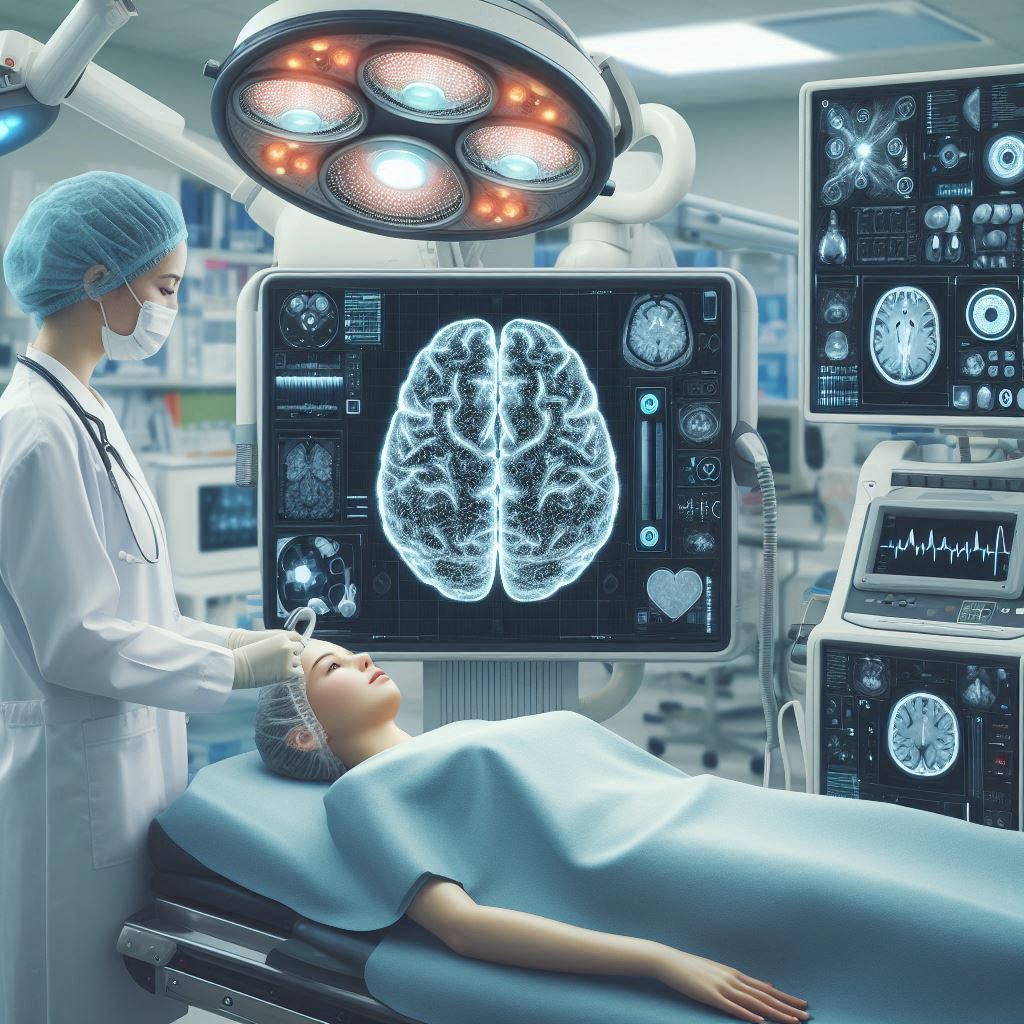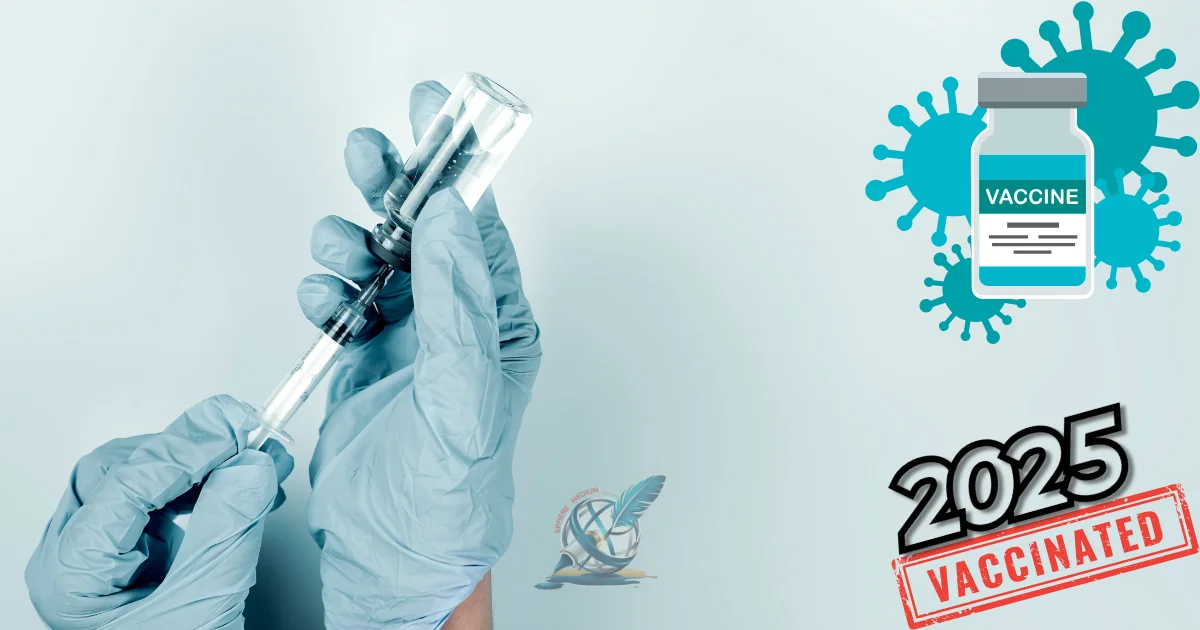AI and Robots Driven Workplace in the Future

Artificially intelligent (AI) technology and other types of labor automation are changing the face of today’s workplaces. This shift isn’t just a trend; it’s a fundamental shift that will affect almost every industry and profession.
AI in Healthcare: Transforming Lives as a game-changer

Introduction Artificial intelligence (AI) is a game-changer in many industries, but its effects on healthcare are especially significant. AI has the potential to completely change the way we approach healthcare, from improving diagnosis accuracy to transforming treatment methods. This article explores how artificial intelligence (AI) is transforming healthcare diagnosis and treatment. Recognizing AI in Healthcare Lorem ipsum dolor sit amet, consectetur adipiscing elit. Ut elit tellus, luctus nec ullamcorper mattis, pulvinar dapibus leo. Definition and Extent AI in healthcare refers to the analysis of complex medical data using machine learning software and algorithms. Its main goal is to analyze, evaluate, and comprehend complex medical and healthcare data by simulating human cognition. An Historical Angle Decennials ago, the application of AI in healthcare started with simple expert systems. However, its integration into routine medical practice has increased due to recent advances in processing power and data availability. AI for Medical Diagnosis Improved Imaging Methods AI has greatly enhanced imaging methods, enabling earlier and more accurate disease identification. With astounding precision, machine learning algorithms may frequently outperform human experts in the analysis of medical images including X-rays, MRIs, and CT scans. Using Predictive Analytics to Detect Early Using artificial intelligence, predictive analytics examines big datasets to find trends that might point to the early stages of conditions like cancer or heart disease. Patient outcomes can be greatly improved by prompt intervention as a result of this early diagnosis. AI in Disease By using digital pathology to provide precise diagnostics, AI systems are also transforming pathology. Pathologists can discover anomalies and disease signs more quickly and accurately with the use of automated image analysis, which also lessens burden. AI in Medical Care Individualized Medical Care Personalized medicine is one of the most exciting uses of AI in healthcare. Artificial intelligence (AI) algorithms examine a patient’s genetic data, lifestyle, and surroundings to suggest customized treatment regimens that improve the efficacy of medical interventions. AI-Assisted Surgery Surgical robots with AI assistance offer previously unheard-of control and precision during procedures. These robots can carry out intricate operations with little intrusion, speeding up healing and enhancing surgical results. Rehabilitation with Robotics AI-driven robots helps patients recover strength and mobility during rehabilitation. These gadgets provide individualized rehabilitation programs that maximize recuperation based on the patient’s progress. AI’s Advantages in Healthcare Enhanced Precision and Effectiveness By decreasing human error, AI increases the precision of diagnosis and treatment approaches. Better patient outcomes and more efficient healthcare delivery are the results of this enhanced precision. Lowering of Expenses Artificial Intelligence lowers healthcare expenses by increasing productivity and automating repetitive operations. Cost savings are also achieved by early detection and individualized treatment plans that avert costly consequences. Improved Medical Attention Artificial intelligence makes it possible to analyze data in real time and conduct ongoing monitoring, giving medical personnel important new perspectives on their patients’ conditions. Better patient management and proactive treatment result from this. Difficulties and Ethical Issues Security and Privacy of Data There are serious privacy and security issues with the use of AI in healthcare. It is critical to prevent breaches and misuse of private patient data. Moral Conundrums Healthcare AI raises ethical questions because of things like the necessity for transparency in AI decision-making processes and the possibility of bias in AI systems Barriers related to technology and regulations Healthcare AI deployment is beset by technical and legal obstacles. It is essential to make sure Artificial intelligence systems adhere to strict safety and effectiveness criteria. AI in Medical Research Medication Discovery AI expedites the search for new drugs by forecasting the interactions between various substances and bodily targets. This lowers research expenses while hastening the creation of novel drugs AI and genomics Artificial intelligence is essential to genomics because it helps scientists comprehend genetic data and how it relates to disease. This results in treatments and preventive measures that are more effective. Clinical Investigations By finding qualified candidates, forecasting results, and keeping an eye on participants in real time, artificial intelligence (AI) expedites clinical studies and improves their effectiveness and dependability. Case Studies Artificial Intelligence in Oncology AI has demonstrated amazing promise in the field of oncology, especially in the identification of malignant cells and prognostication of patient responses to treatment. AI-powered techniques let oncologists create individualized treatment regimens. Artificial Intelligence in Cardiology AI is used in cardiology to diagnose cardiac problems by evaluating ECGs and other diagnostic testing. Moreover, it forecasts the likelihood of cardiac episodes, allowing for prophylactic actions. Artificial Intelligence in Neurology Neurologists can diagnose and treat neurological conditions including Parkinson’s and Alzheimer’s disease with the help of AI. Personalized treatment strategies and early discovery are important advantages. AI’s Potential in Healthcare in the Future New Developments The creation of sophisticated neural networks, wearable technology powered by AI, and real-time health monitoring through connection with the Internet of Things (IoT) are some of the emerging developments in AI. Possible Uses in the Future AI-powered mental health support, computerized health record administration, and enhanced telemedicine capabilities are possible future uses of AI in healthcare. AI’s Place in the World of Health Artificial intelligence has the ability to improve access to high-quality healthcare in disadvantaged areas, hence addressing global health concerns. AI-driven solutions have the potential to close gaps in global healthcare administration and delivery. Conclusion Unquestionably, artificial intelligence (AI) is transforming healthcare by improving patient outcomes, customizing therapies, and increasing diagnostic accuracy. The deeper integration of AI into healthcare will occur as technology develops, paving the way for more effective, efficient, and widely available medical care in the future. FAQs What part does AI play in healthcare? By using sophisticated algorithms to analyze complicated medical data, artificial intelligence (AI) in healthcare can improve patient management, customize therapies, and increase diagnostic accuracy. In what ways does AI enhance diagnosis? AI enhances diagnosis by examining datasets and medical images to find patterns and abnormalities, frequently more accurately than human specialists. What therapeutic advantages does AI offer? Personalized medicine, AI-assisted surgery, and robotics in rehabilitation are three ways



